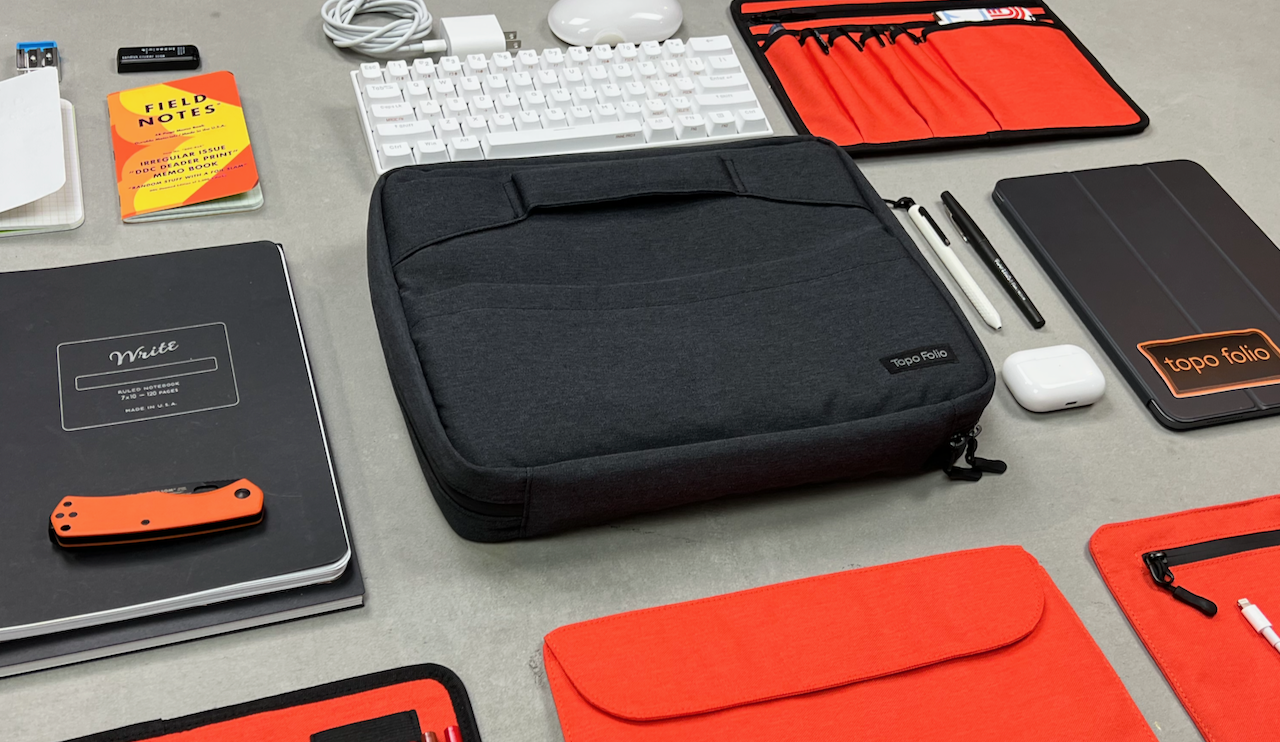If you ever have the feeling of not having enough time, or wished you could just get more organized, you are not alone. There are currently 7,923 books on Amazon.com related to getting organized. Finding time to read a book on getting organized with everything else going on, may feel impossible. To help focus on a system that may work for you, I have collected videos on why getting organized is vital to your daily life and make the argument for getting things down on paper.
1. Getting Things Done
David Allen is an efficiency expert and explains very clearly how great life can be using a system to help take the chaos of everyday life, and turn it into an actionable, stress-free plan. One of the first key steps is to get everything out of your head and to use a collection tool, like a notebook, to clear your mind of trying to remember everything. If you don't write things down, David calls these "open loops" and they take up energy and distract from other possibly more important thoughts. In case this is your first intro to this system, here is a Ted talk video about why this system works. There are thousands of other videos about how to implement the 5 steps (capture, clarify, organize, reflect, and engage) but to show why you may want to dive into this book and principles, here is a great TED talk:
He admits in his latest book edition that he prefers analog tools, and wishes he hadn't digitized everything.
2. The Organized Mind
In Daniel Levitin's book, The Organized Mind, he references the negative biological effect of the open loops, mentioned above,
"Neurons are living cells with a metabolism; they need oxygen and glucose to survive and when they've been working hard, we experience fatigue...writing things down gives both implicit and explicit permission to the rehearsal loop to let them go, to relax its neural circuits so that we can focus on something else."
Mr. Levitin references the Getting Things Done system in his book as a great system to get thoughts down on paper and free up short term memory. These "brain extenders" like notecards, sticky notes, and notebooks, allow your brain to focus on the important task at hand and set aside less important decisions until later. This is important due to the findings by his team of neuroscientists that we all have a limited number of decisions to make in a single day.
3. Bullet Journal
Looking at an organization system that is built around using a notebook, is the Bullet Journal system developed by Ryder Carrol. The best way to understand this is by watching the training video.
Before you get hung up on all the writing this system requires, know that this is the basic guide, and also it is a very flexible system. Once you understand the gist of his system, you can begin to make it your own. The great thing about this for notebook users is that you don't waste any blank pages, the index takes care of where everything is, and you don't need to 'save' pages for later use.
4. Strikethru
This is a bit like the bullet journal, but the main difference is that you don't need to rewrite your tasks due to the numbering system. This can be a bit offsetting at first, but the key to this is that it forces you review the items you write down. Anyone can make a brain-dump list, but this adds a review element to get everything organized and keep you thinking about your tasks. Here is the initial training video, and you can visit the beautifully designed site here.
5. Notebook Organization with Tags
Image property of HighFiveHQ
If you need a simple way to categorize your thoughts in a notebook, here is a simple system that uses a tab mark on each page to identify it's group. The blog entry here spells out the details, but basically each category is added to the front or back of a notebook, and the pages have a corresponding "tag" to the edge to show how it relates to the main category.
I hope the points above and videos help to show why starting to get organized is important. I will continue to update this entry with more systems and books that work for other people, so please let me know how you stay organized.
If you are looking for a notebook with built-in organization formatting, see my earlier post about the Ten Notebooks to Help You Get Organized.




